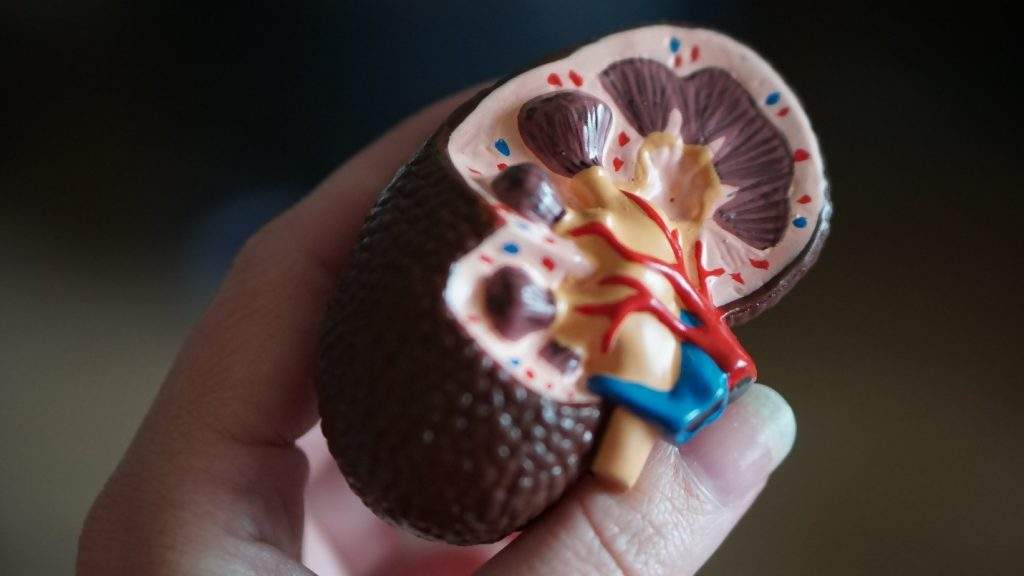

Researchers that are working with the computer kidney come from the University of Waterloo. This team is led by Anita Layton the professor of Applied Mathematics, Pharmacy and Biology at Waterloo. Findings from this study are available in the American Journal of Renal Physiology.
The team led by Layton uses a special computer program that simulates the functioning of mammal kidneys. More specifically, this simulation imitates the passage of urine from the kidney to the bladder. Furthermore, through the use of this program they can look at how the water concentration of urine influences kidney health.
The researchers want to see how specific medication influences kidney functioning and health. More specifically, they consider the influence of blood pressure medication on the concentration of water in the urine. That is, they consider the medication for lowering blood pressure as its primary function is to expel water out of the organism. Because of this effect, the patient that takes the medication increases their chance of dehydration. Especially in scenarios when they take other common medicine like aspirin.
After conducting the research, the scientists conclude that the dehydration of urine negatively affects kidney health. This occurs because urine becomes concentrated and as it moves from the kidney to the bladder it damages the tissue. On the other hand, if a patient monitors their water intake and hydrates properly the urine concentration will be smaller. Therefore, the dangerous waste material in it will not have such a negative effect on the surrounding tissue.
Through the use of programming and mathematics, the team from Waterloo university shows how medicine can benefit from innovations. Furthermore, such simulations can teach us about other organs and their reaction to different conditions in the organism. Such advancements will help us because they allow us to simulate what we could only observe in real life.
Similar news about innovation looks at how AI can help create medicine that will slow down the aging process.
https://www.eurekalert.org/pub_releases/2019-10/uow-cks100419.php

Monday – Friday
9 AM – 5 PM EST
DISCLAIMER: ConductScience and affiliate products are NOT designed for human consumption, testing, or clinical utilization. They are designed for pre-clinical utilization only. Customers purchasing apparatus for the purposes of scientific research or veterinary care affirm adherence to applicable regulatory bodies for the country in which their research or care is conducted.